
CSCW 2023: Emerging Telepresence
Emerging Telepresence Technologies for Hybrid Meetings: an Interactive Workshop
Local attendees, please join us in room A, in the Boundary Waters area

About the workshop
This workshop is being held at the ACM Conference On Computer-Supported Cooperative Work And Social Computing on October 14th 2023, in Minneapolis, USA and online. The workshop is aimed at researchers and designers from academia and industry, who are interested in testing and discussion the use of telepresence technologies for hybrid meetings.
You can see and download our program below:
Abstract
We are rapidly moving to a hybrid world, where telepresence technologies play a crucial role. But, are current technologies ready for such a shift? Do they provide the adequate support for interaction and collaboration? In this workshop, together with the participants, we will try out a variety of telepresence technologies for hybrid meetings. Based on small hybrid group activities we will explore how different systems compare in terms of immersion, interaction capabilities, and practical convenience; and we will reflect on the social implications they will bring into play. The aim of the workshop is to bring together the lived experiences of both remote and local participants, with activities that will stimulate reflections on our experiences and fuel our discussion, to identify the areas on which future research should focus. Results from the workshop will be published as a white paper with a set of guidelines for future telepresence technologies for hybrid meetings.
Systems
In this hybrid workshop, attendees will have the opportunity to test two very different telepresence technologies! The Double 3, a mobile telepresence robot, and the Owl, an immersive 360° video system. More details on the systems is demonstrated in these videos; Double 3 & OWL.
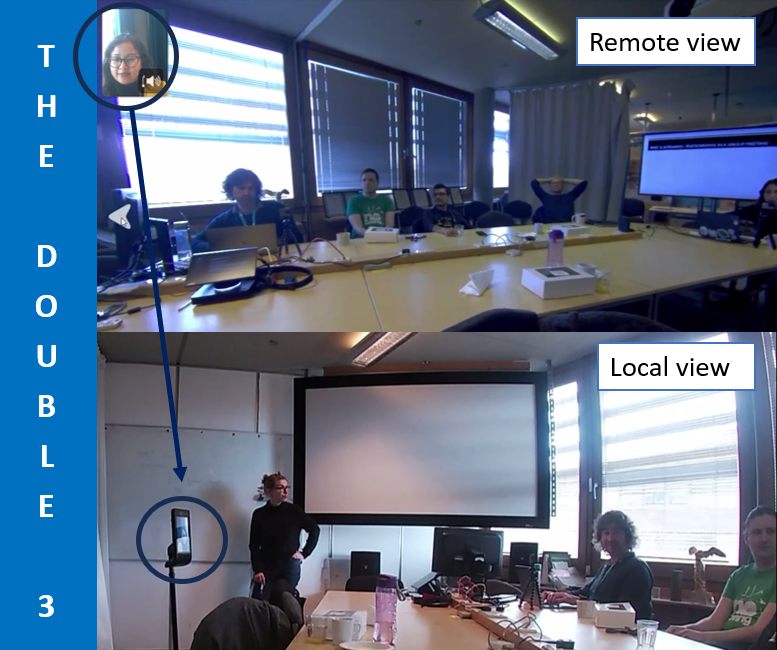

Call for Participation
This workshop is intended for HCI researchers and designers who are interested in studying or developing telepresence technologies for hybrid meetings and collaboration. Anyone interested in participating should contact us at telepresence4hybridmeetings@gmail.com, to request the access code for the workshop registration. It is possible to participate in one of the three following ways:
1. Call for attendance
We accept attendees to the workshop who are not able to submit a position paper but are keen to test the systems and contribute to the discussion. If you wish to participate in this way, please email is with a brief statement on your background, research interest and reason why you wish to attend the workshop, at telepresence4hybridmeetings@gmail.com.
2. Call for position papers
Workshop participants are required to submit a position paper of between 2 to 4 pages in the ACM Journals Primary Article format. Potential topics for papers may include:
- Emerging telepresence technologies used in hybrid interactions
- Case studies of telepresence technologies used in hybrid settings
- Challenges surrounding the use of telepresence technologies
- Best use practices for workplaces, education or other spaces that use telepresence technologies
- Ethics and social norms for inclusive use of telepresence technologies
- Telepresence technologies for people with medical conditions and/or disabilities
- Design methods and principles for the development of telepresence technologies
- Novel or innovative research methods for studying telepresence technologies’ user experiences
All submissions will be reviewed based on relevance, diversity of topics, and the quality of the position papers by the workshop organisers. At least one author of each accepted paper must register for the workshop.
3. Call for systems
System proponents are required to submit a short paper (in ACM Journals Primary Article format, 2-6 pages) describing a system that can be used to host, participate in, or facilitate in any way hybrid meetings. The system may have been developed by the proponents, but it is not mandatory. The system must have enough technological maturity to be used in the workshop “off-the-self”.
The paper must cover at least the following sections:
- (1) Overview. General description of the system.
- (2) Technical characteristics. Including: (a) Immersion: video quality, field of view, use of immersive video, spatial audio, etc.
(b) Physical interaction: mobility, navigation capabilities, other interaction tools (robotic arms, pointers, visual cues, etc.)
(c) Convenience: (approximate) dimensions, number of supported users, devices required, other requirements (connectivity, power, etc.). - (3) Experience: describe the social and/or user experience of the system, considering both local and remote users and bystanders (non-users), in two hybrid meeting scenarios of your choice, with the following topics: (a) Interaction in an informal/natural setting (e.g. entering a meeting, introducing yourself, leaving the meeting, handling a coffee break, etc.). (b) Interaction in a discussion context (e.g. whiteboard session, design sprint, brainstorming, etc.).
- (4) (Optional). A description of the features (strengths and challenges) that the proponent would like to get feedback for. This section can be removed from the published version, if requested by the proponent.
All submissions will be reviewed based on the characteristics of the system (immersion, physical interaction, convenience, experience) by the workshop organizers. At least one author of each accepted system must register for the workshop. They must be able to bring the system to the conference, configure and operate it. They must also provide a description of the system (in the form of a 2-5 minute video, or images that clearly demonstrate the system’s interface and capabilities) in advance, so that workshop participants have time to understand how it works.
Below is an example of a system position paper, describing the Double 3 telepresence system.
Important Dates
Early submission deadline (for notification before early registration): 18th August 2023 (Notification by 25th August)
Later submissions will also be accepted, up until 29th September (Notifications within one week of submission)
Workshop date: 14th October 2023
Workshop Schedule
10:00-10:15 Introductions & Welcome
10:15-10:45: Coffee break
11:00: Activity 1) Position papers presentation
13:00-14:00: Lunch break
14:00-14:30: Systems testing
14:30-15:00 Coffee break (optional systems testing)
15:00-16:30: Activity 2) Small hybrid groups discussion
16:30-17:00: Discussion + Closing
Accepted Papers
Organisers
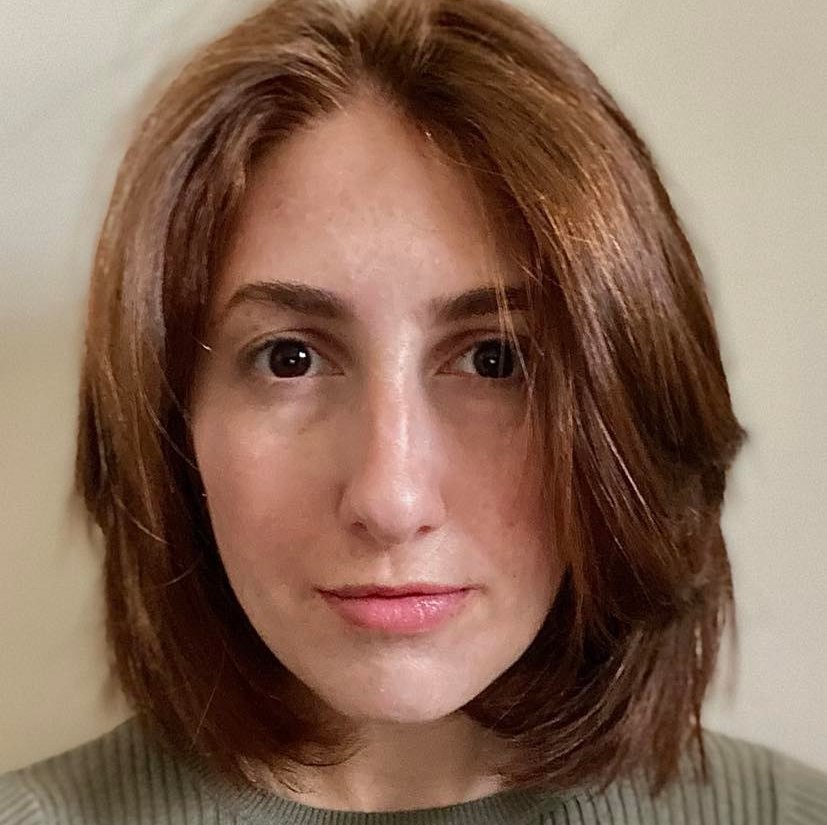
Andriana Boudouraki is the main contact for this workshop.
She is a PhD student at the Mixed Reality Lab, at the University of
Nottingham. Her research examines how users conduct interactions
via mobile robotic telepresence. Website: http://www.cs.nott.ac.uk/~psxab8/

Houda Elmimouni is a Computing Innovation Fellow and Post-
doctoral Researcher in the Department of Informatics at Indiana
University Bloomington. Her main current research area is mobile
robotic telepresence in the classroom. She previously organized
a SIG on telepresence at CHI2018 and a workshop on emerging
telepresence technologies at CHI2022.

Marta Orduna is a PhD student at Grupo de Tratamiento de
Imágenes (Image Processing Group) of the UPM. Her current re-
search is in the area of virtual reality, video encoding and streaming,
and quality of experience.
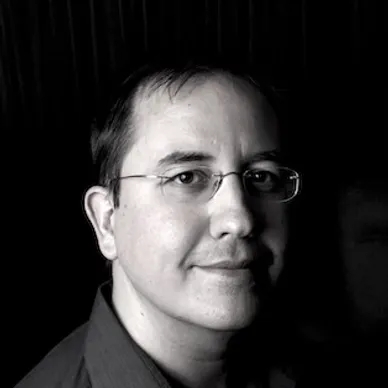
Pablo Pérez is a senior researcher at Nokia eXtended Reality
Lab in Madrid, Spain. His research interests cover the whole area
of real-time immersive communications and telepresence, from
the compression and transmission problems to the user quality of
experience.

Ester González-Sosa is a researcher at Nokia eXtended Re-
ality Lab in Madrid, Spain. Her main research is focused on the
application of computer vision algorithms to Mixed Reality applica-
tions related to fostering human communications, with a focus on
real-time performance, quality of data acquisition and application.
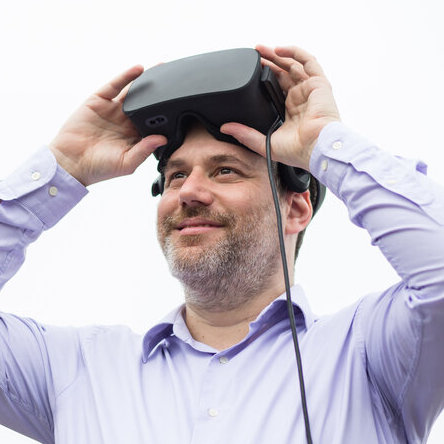
Pablo Cesar leads Distributed and Interactive Systems group
at CWI (The Dutch National Research Institute for Mathematics
and Computer Science) and is a professor of human-centered mul-
timedia computing at the Delft University of Technology. He is an
ACM Distinguished Member, IEEE Senior member, and recently
received the prestigious 2020 Netherlands Prize for ICT. Pablo gave
the tutorial “Interaction Design for Online Video and Television” at
ACM CHI (2011, 2012, 2014, 2015, 2016) and co-organised the work-
shop “Social VR: A New Medium for Remote Communication &
Collaboration” (2020, 2021). Webpage: https://www.pablocesar.me

Jesús Gutiérrez is an assistant professor at the Image Process-
ing Group (GTI) of the Universidad Politécnica de Madrid (UPM).
His research interests are in the area of multimedia processing,
immersive media technologies, and evaluation of user quality of experience. He was general co-chair of the conference ACM IMX’22.
Webpage: https://sites.google.com/view/jesus-gutierrez-sanchez/
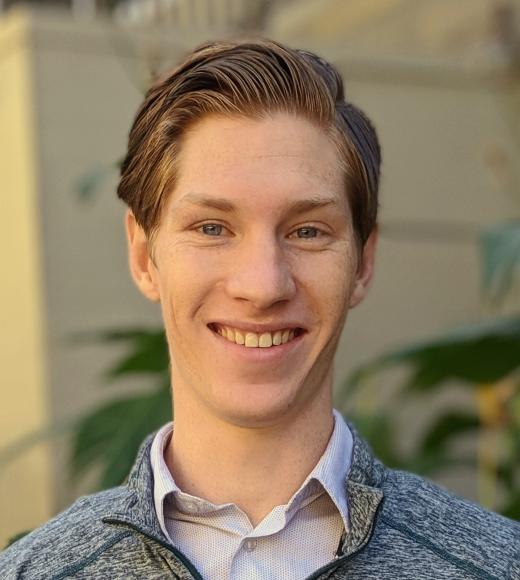
Jason Dekarske is a PhD Candidate at the University of California, Davis and studies the interactions between humans and autonomous robotic systems. He uses measures of human trust to improve the ways robots decide their actions. Webpage: https://www.jasondekarske.com

Veronica Ahumada-Newhart is an assistant professor of health
informatics and HRI in the School of Medicine, Dept. of Pediatrics
and Center for Health & Technology at UC Davis. Her work is
focused on the use of social robots and interactive technologies for
improved health and developmental outcomes. She is PI of an NSF
grant on Robot-Mediated Learning and is co-PI of a Univ. of Cali-
fornia, Office of the President grant to explore the use of telerobots
for healthcare worker safety and community social inclusion.

Joel Fischer is Professor of Human-Computer Interaction at the
School of Computer Science, University of Nottingham, UK. His
research takes a human-centred view on AI-infused technologies
to understand and support human activities and reasoning. He is
currently Research Director on the UKRI Trustworthy Autonomous
Systems (TAS) Hub where he is involved in a number of projects
on HRI and Telepresence. He has co-organised a number of CHI
workshops in the past.